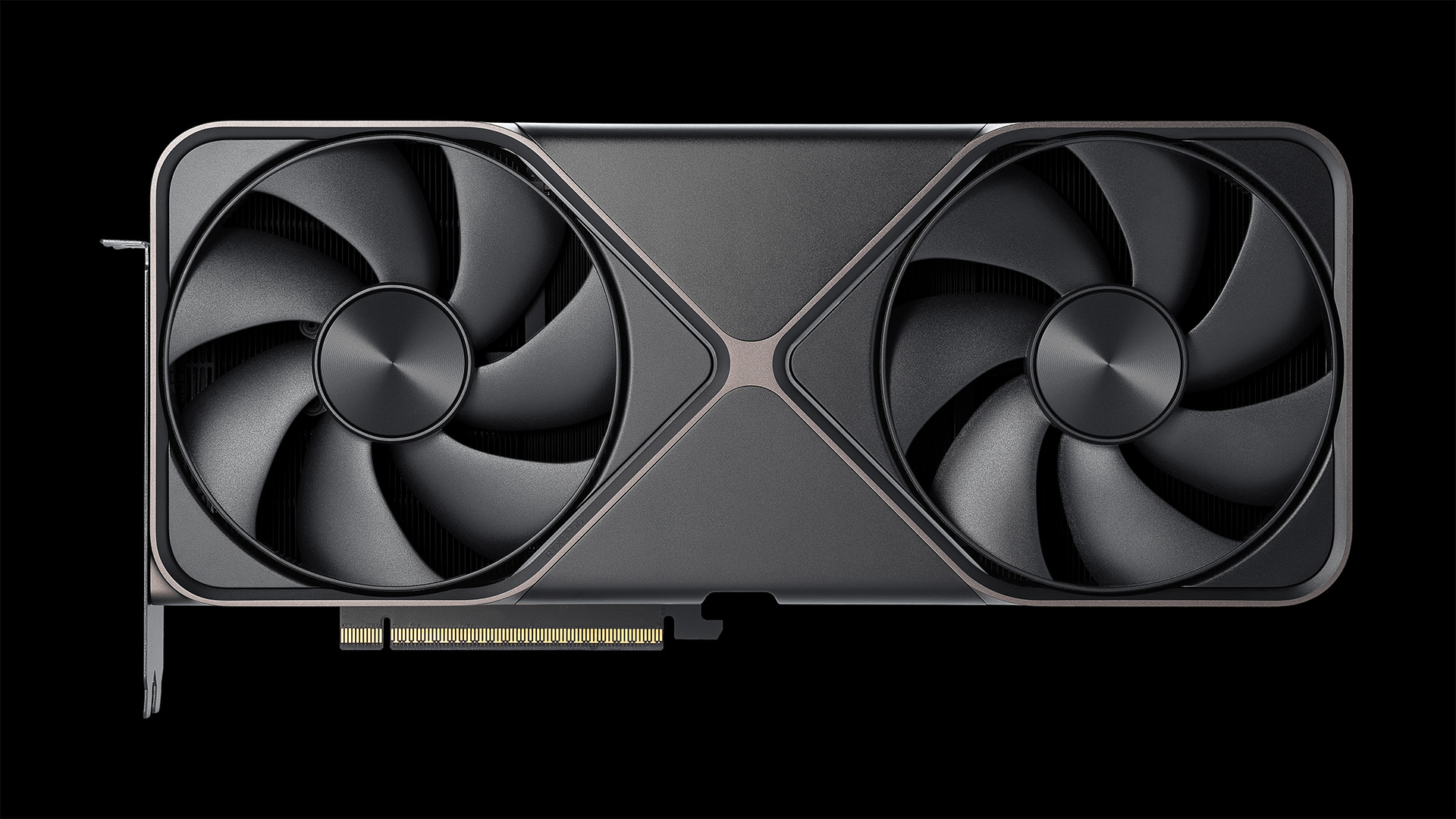
Courtesy of two leaked benchmarks at Geekbench, we have the first test results of Nvidia's budget RTX 5060 Ti, which is rumored to hit shelves on April 16, next week. The tests cover the standard OpenCL and Vulkan APIs and were likely inadvertently made public by a reviewer or tester. In summary, the RTX 5060 Ti demonstrates an up to 14% performance lead over its Ada Lovelace equivalent based on these early test results. While this isn't an awe-inspiring achievement, let's wait for detailed gaming tests from the Tom's Hardware labs, and then weigh the MSRP, real-world prices, and availability.
Early last month, renowned leaker Kopite spilled the beans on the specifications of the RTX 5050 and RTX 5060 family of GPUs. There isn't much to write home about these GPUs except for the standard RTX 5060, which reportedly sees a 25% bump in the shader count, amounting to an estimated 30% performance bump when you also factor in the switch to GDDR7. But don't hold your breath if you expect more than 8GB of VRAM.
The RTX 5060 Ti is said to have two versions with 8GB/16GB of video memory, similar to the last-gen RTX 4060 Ti, which also came in two flavors. Both the RTX 5060 Ti 8GB and 16GB reportedly share the same GPU core, built on GB206-300-A1 with 4,608 CUDA cores (36 SMs). The bus width is confined to 128 bits, so the 16GB version employs its GDDR7 ICs in clamshell mode.
The test setup used for the benchmarks features the RTX 5060 Ti 16GB alongside AMD's Ryzen 7 9800X3D partnered by 32GB of DDR5-6000 memory. The GPU details in the benchmark further corroborate Kopite's data. For the duration of the benchmark, the GPU hit a peak of 2.64 GHz, but expect reference clocks to be lower, as we've seen with other Blackwell cards.
Compared to the RTX 4060 Ti, this leaked benchmark puts the new Blackwell-based RTX 5060 Ti (*according to leaks) up to 14% faster in Vulkan, which is around RTX 3070 Ti territory. As early drivers can impact performance, we should approach these numbers with a slight pinch of skepticism.
Either way, this is about as much as you'd get in terms of raw compute. While Blackwell offers extra perks, such as multi-frame generation and smooth motion, it would've been preferable had Nvidia put more resources into increasing the memory capacity and shader count instead.
The RTX 5060 Ti's CUDA count, compared to fully-enabled halo dies (AD102/GB202), is only 18.75%, which is less than the RTX 4060 Ti at 23.6%. Apart from hardware specifications, Blackwell has been marred by a series of other problems, like broken drivers, melting concerns, availability, missing ROPs, and the list goes on. Now it appears to be that the only significant missing piece to this puzzle is the price, which should be revealed in the coming days.







